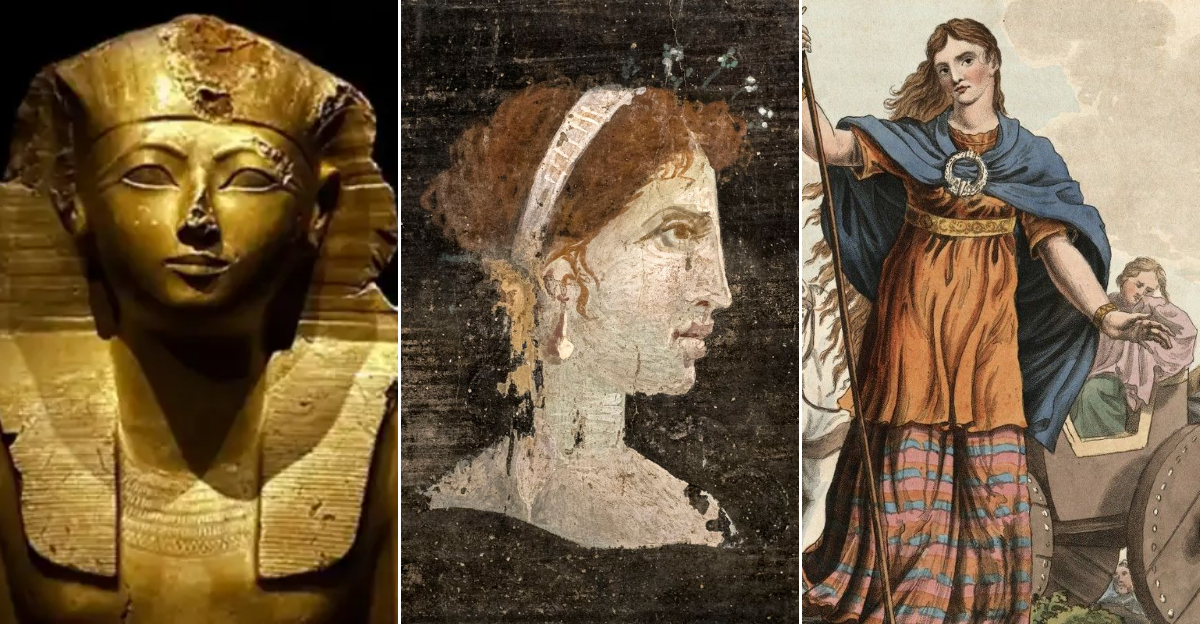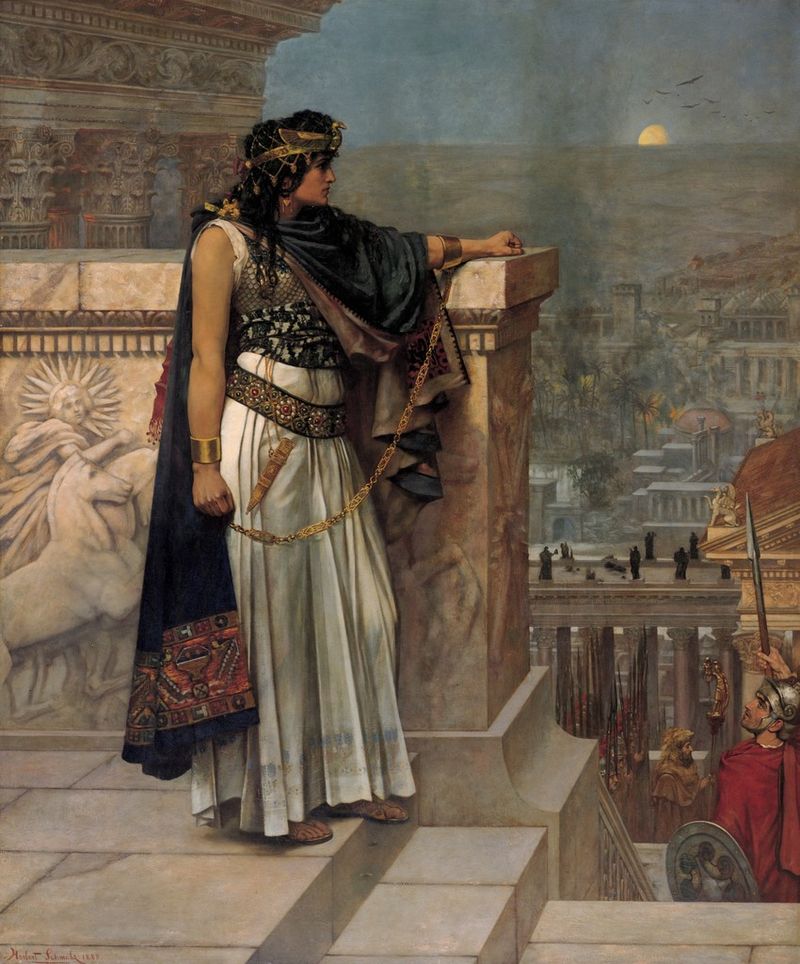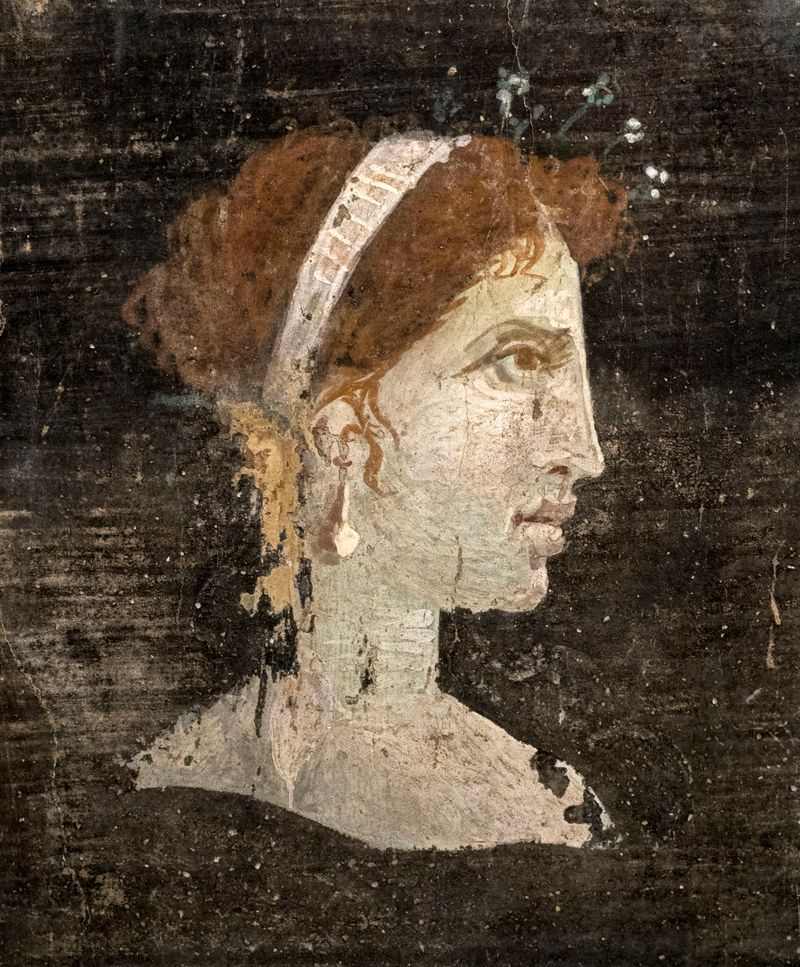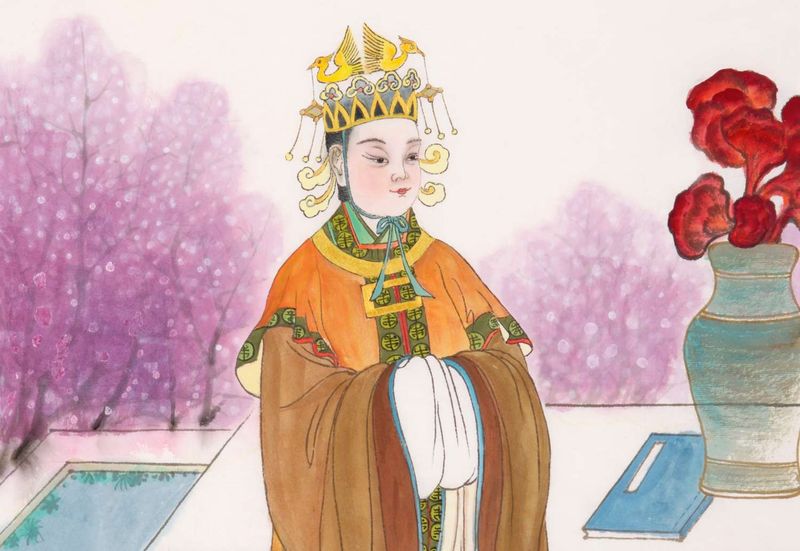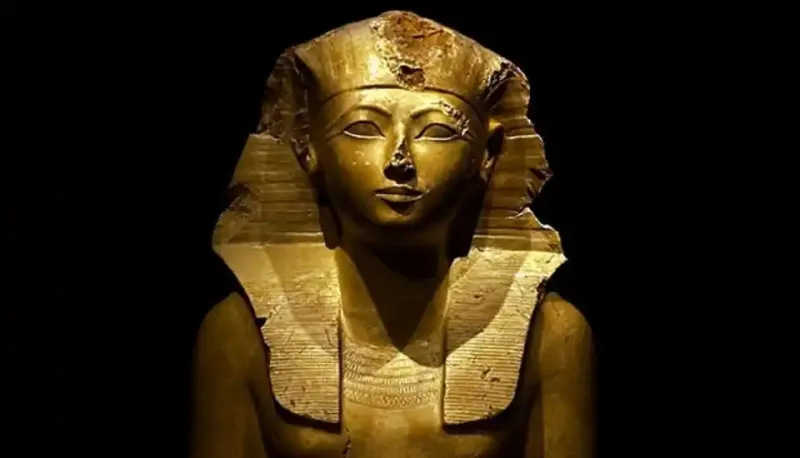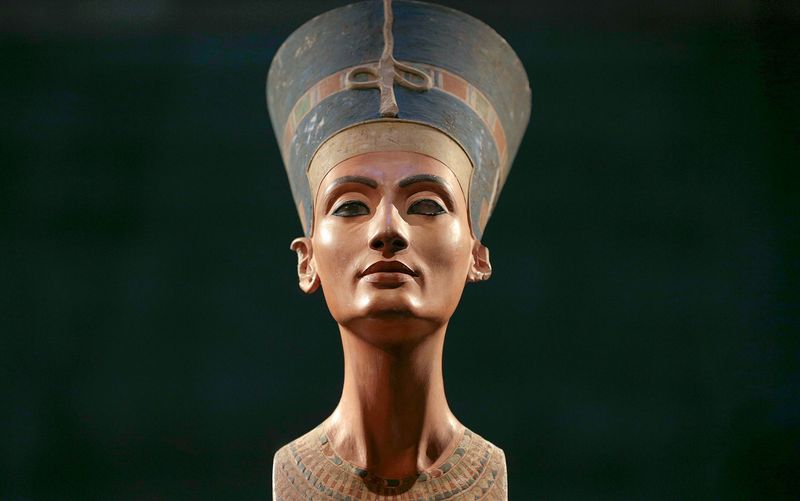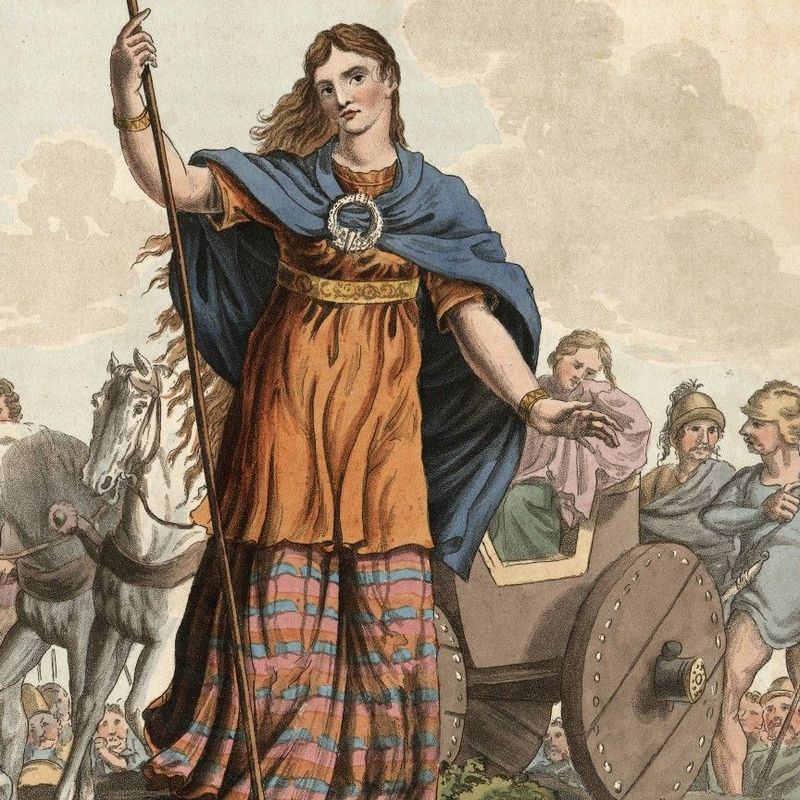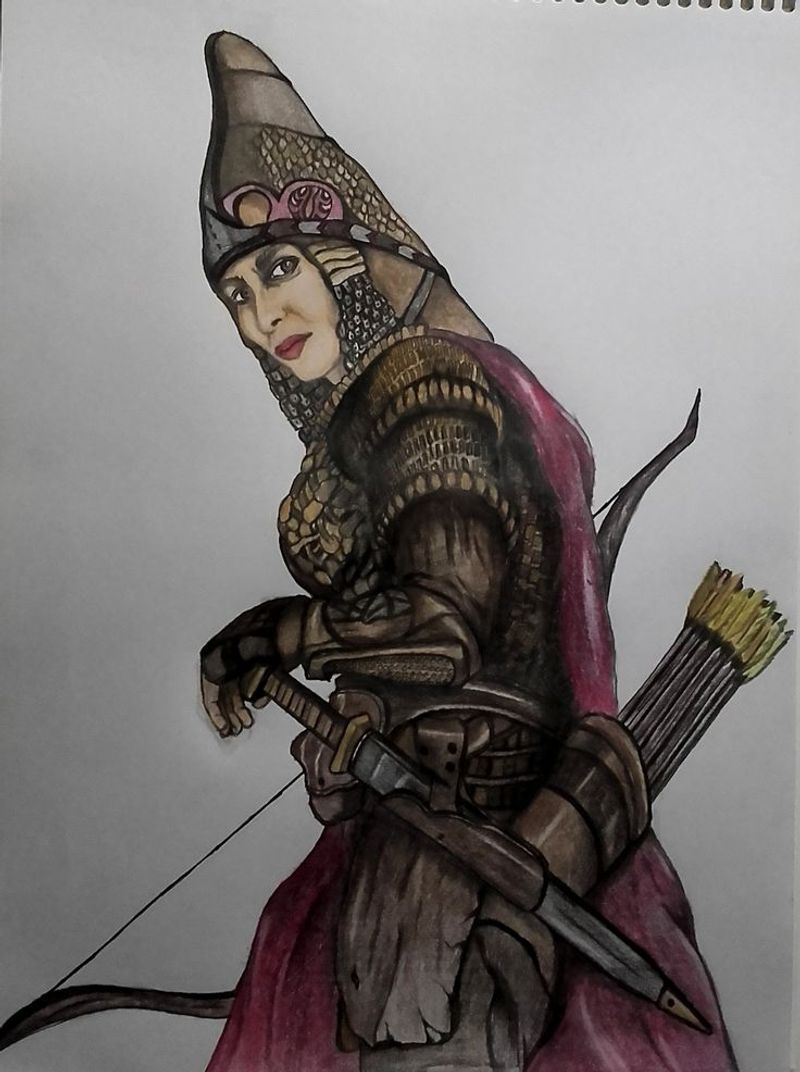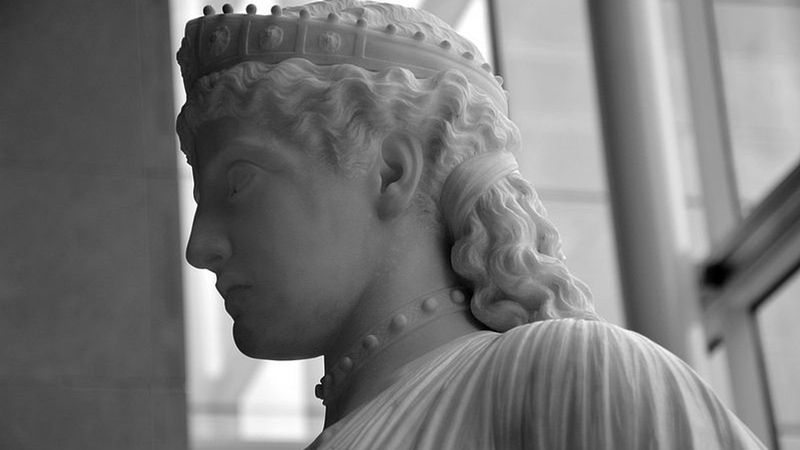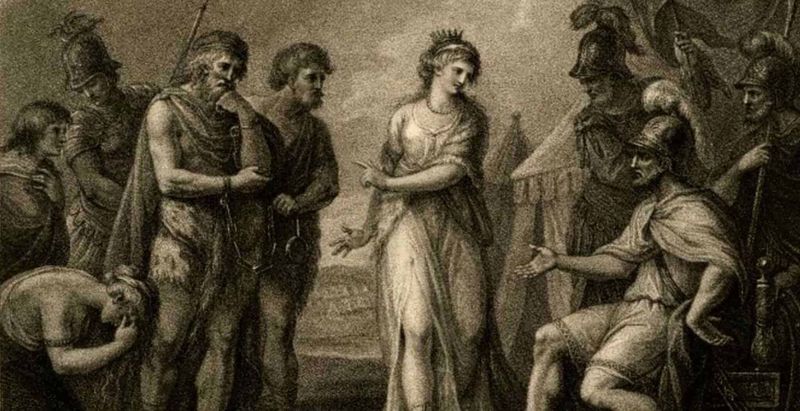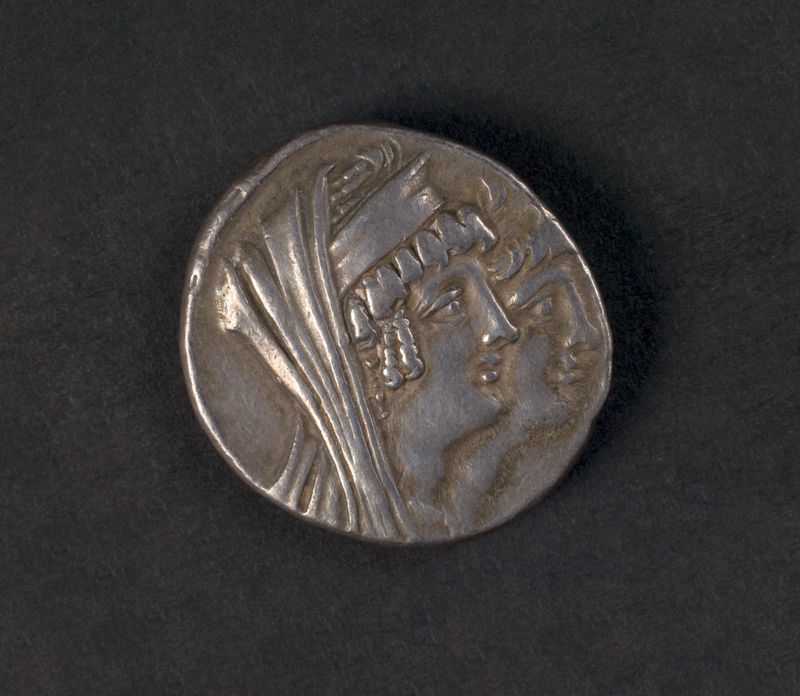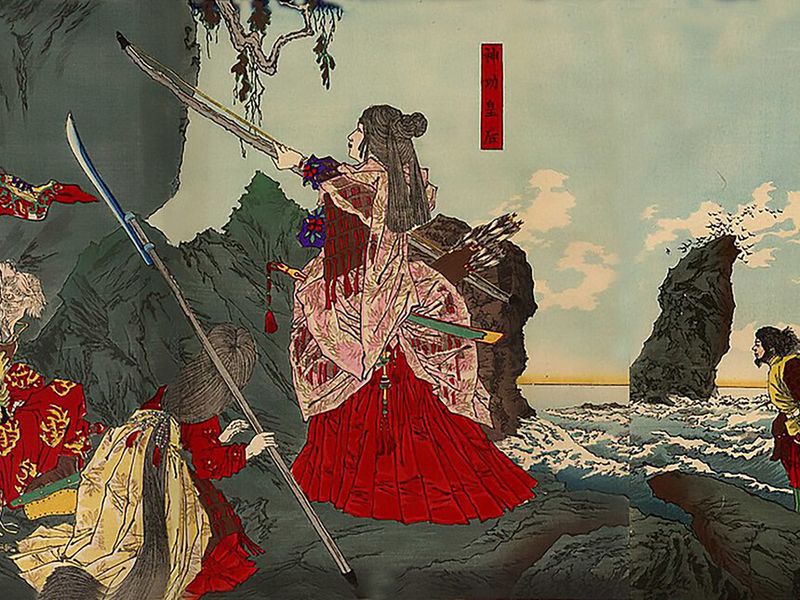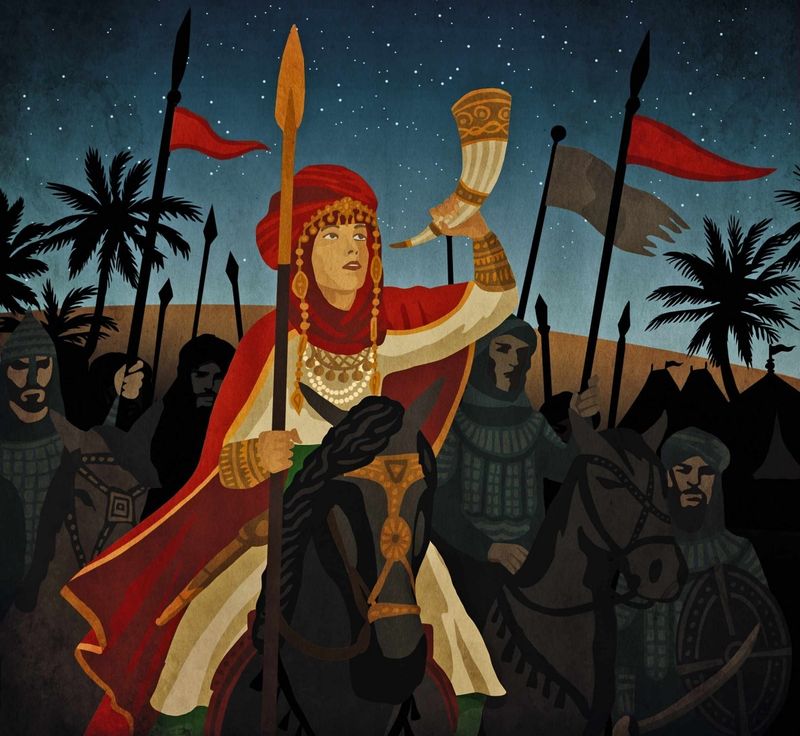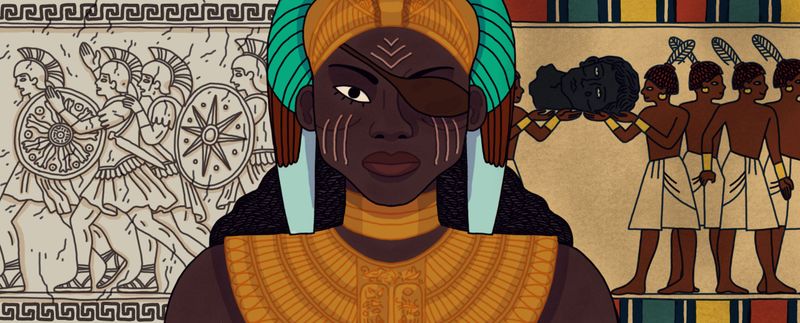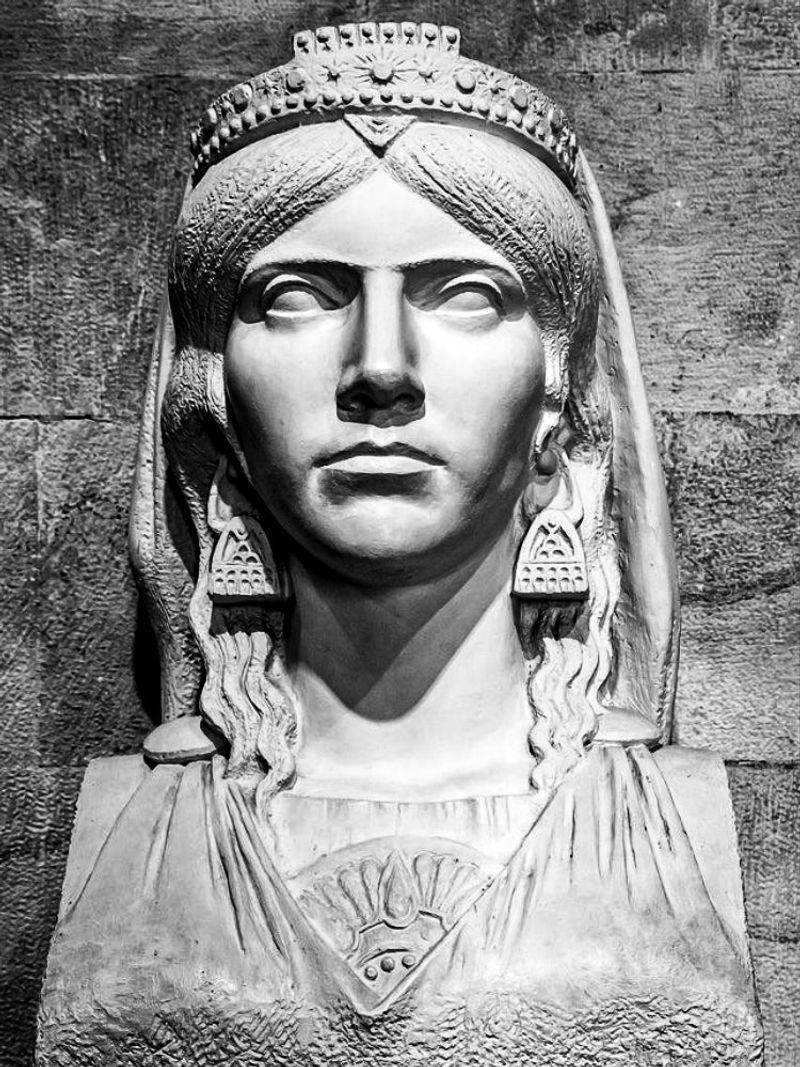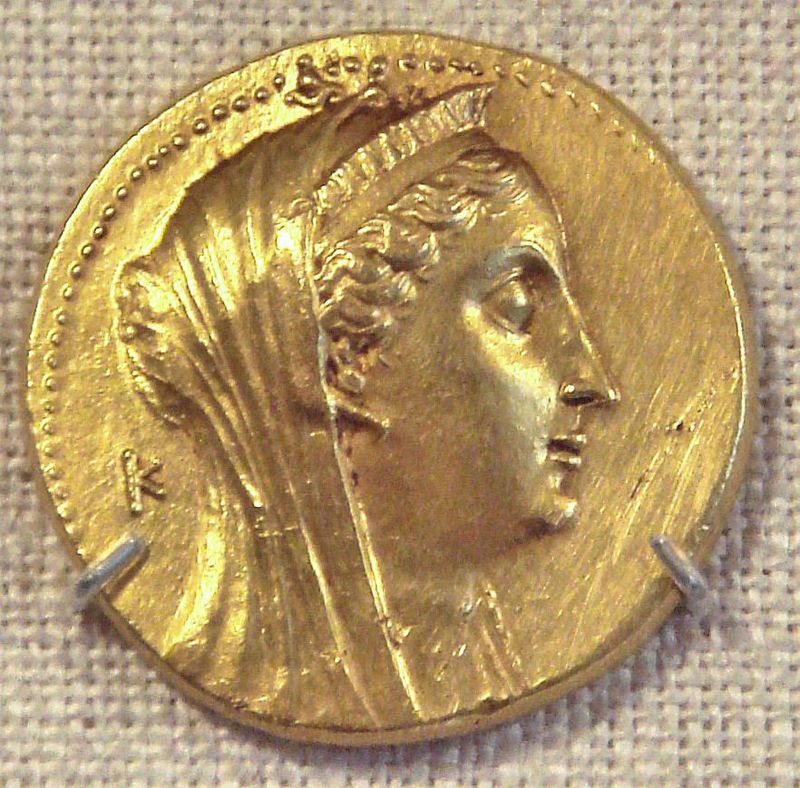Before modern monarchies and elected leaders, there were women who wore crowns—and didn’t wait for permission to wield power. These queens weren’t just figureheads. They led armies, outwitted empires, and carved their names into history with iron determination. Here are 15 ancient queens who didn’t just rule—they commanded.
1. Zenobia (Palmyra)
Zenobia’s ambitions knew no bounds. As the Queen of Palmyra, she dared to challenge the Roman Empire’s might. Her conquests included Egypt and much of the Eastern Roman territories. Zenobia was celebrated for her intellect and her ability to govern diverse cultures.
She declared Palmyra’s independence and aspired to establish an eastern empire. Her rule was marked by boldness, intelligence, and a vision for a unified realm.
Although ultimately captured by Rome, Zenobia’s legacy endures as a testament to her daring dreams and relentless pursuit of sovereignty.
2. Cleopatra VII (Egypt)
Cleopatra VII was more than just an icon of beauty; she was a genius political strategist. Fluent in multiple languages, Cleopatra deftly managed alliances with Rome’s powerful figures, like Julius Caesar and Mark Antony. Her rule was marked by a deep understanding of her empire’s intricate politics.
Cleopatra’s charisma and intelligence made her a formidable leader in a world dominated by men. She was the last Pharaoh of Egypt, fiercely safeguarding her nation from Roman domination.
Her life was a tapestry of triumphs and tragedies, culminating in her legendary and dramatic demise.
3. Wu Zetian (China)
Wu Zetian’s rise to power was unprecedented in China’s history. From concubine to empress, she skillfully navigated court politics to become China’s only female emperor. Her reign saw significant economic growth and military successes, alongside sweeping administrative reforms.
Despite fierce opposition, Wu Zetian maintained control through strategic alliances and innovative policies. Her leadership style was marked by intelligence and ruthlessness, securing her place in history.
Her influence extended beyond her lifetime, as her reign reshaped China’s imperial structure, demonstrating her exceptional political acumen.
4. Hatshepsut (Egypt)
Hatshepsut’s reign as Egypt’s Pharaoh was groundbreaking not just for her gender, but for her accomplishments. She took on male regalia to portray her role as a king and not merely a queen. Her era was one of prosperity and peace, marked by impressive architectural achievements.
Hatshepsut initiated numerous trade expeditions, enhancing Egypt’s wealth and influence. The temples she commissioned, such as Deir el-Bahari, still stand as testament to her enduring legacy.
Her story is one of resilience and ambition, cementing her as one of history’s most successful female rulers.
5. Nefertiti (Egypt)
Nefertiti was not just a figurehead next to Pharaoh Akhenaten; she was a co-regent and a force in her own right. Her striking beauty is immortalized in art, but her leadership and influence in religious reforms were equally profound.
Nefertiti played a significant role in establishing the monotheistic worship of Aten, breaking from traditional Egyptian polytheism. Some speculate she might have ruled as Pharaoh under another name.
Her legacy endures in the busts and reliefs depicting her, symbolizing a blend of grace and authority in ancient Egyptian history.
6. Boudica (Britain)
Boudica’s spirit was untamed; her defiance legendary. As a queen of the Iceni tribe, she rose against the Roman Empire after the Romans’ brutal treatment of her people. Her rebellion shook the foundations of Roman Britain, showcasing her leadership and resilience.
Her legacy lives in tales of fiery battles and unyielding courage. Boudica’s revolt is remembered as one of the most significant acts of resistance against Rome, symbolizing a fierce struggle for justice.
This warrior queen’s story continues to inspire as a symbol of defiance and national pride in British folklore.
7. Tomyris (Massagetae)
Tomyris, the Scythian warrior queen, is remembered for her decisive victory over Cyrus the Great of Persia. Legend has it, after defeating him in battle, she filled a wineskin with blood and placed Cyrus’s head in it, proclaiming vengeance.
Her leadership and tactical prowess were remarkable, defending her people against one of history’s greatest conquerors. Tomyris’s story is one of bravery and fierce independence.
Her legacy is a testament to her strength and strategic brilliance, embodying the spirit of resistance against overwhelming odds.
8. Semiramis (Assyria)
Semiramis’s legacy blurs the lines between myth and history. As a fabled queen of Assyria, she is credited with expanding the empire and constructing Babylon’s Hanging Gardens. Her story is richly woven with both legend and possible historical kernels.
She ruled with a combination of mythic grandeur and strategic acumen, casting a long shadow over the ancient world. Semiramis’s tale is one of ambition, ingenuity, and legendary achievements.
Her influence persists in the tales passed down through generations, highlighting her as a near-divine figure in history.
9. Cartimandua (Britain)
Cartimandua, the queen of the Brigantes, was a master of diplomacy and survival. In a land fraught with conflict, she skillfully navigated alliances with Rome, capturing and handing over rebels like Caratacus.
Her reign was marked by shrewd political maneuvering, maintaining her tribe’s autonomy during turbulent times. Cartimandua’s story is one of cunning and resilience, deftly balancing power in a volatile landscape.
Her alliances and betrayals reveal the complexities of leadership and survival in Roman-occupied Britain.
10. Cleopatra Thea (Syria)
Cleopatra Thea was a Hellenistic queen who deftly wielded power amidst the Syrian dynastic struggles. As co-regent with her sons, she navigated a web of ambition and betrayal. Her rule was marked by decisive actions, even eliminating those who threatened her authority.
Her political acumen and survival instincts were unmatched, maintaining her position in a male-dominated world. Cleopatra Thea’s legacy is one of fierce determination and strategic cunning.
Her story highlights the complexities and dangers of ruling in an era rife with intrigue and power struggles.
11. Queen Himiko
Shrouded in mystery, Queen Himiko of Japan is a figure entwined with legend. As a shaman-queen, she combined spiritual authority with political governance. Her reign marked a period of peace and prosperity in ancient Japan.
Himiko’s enigmatic presence was felt far and wide, as she maintained diplomatic relations with China. Her ability to mediate between the divine and mortal realms made her a revered leader.
Inspiring awe and intrigue, Himiko’s story continues to spark curiosity and admiration among historians and enthusiasts alike.
12. Mavia (Arabia)
Mavia, the Arab warrior-queen, led a successful revolt against the Roman Empire, showcasing her exceptional leadership and military skill. Her cavalry forces proved formidable, forcing Rome to negotiate peace on her terms.
Her defiance and tactical brilliance marked a significant chapter in Arabian history, demonstrating the might of desert tribes. Mavia’s story is one of rebellion and resilience, challenging the mightiest empire of her time.
Her legacy continues as a symbol of strength and independence, inspiring generations with her courage and strategic acumen.
13. Amanirenas (Kush)
Amanirenas, the one-eyed queen of Kush, stood defiantly against Augustus Caesar’s Rome. After repelling Roman forces, she led a counterattack, sacking Roman settlements and negotiating peace from strength.
Her leadership was marked by strategic brilliance and unyielding courage, defending her kingdom’s sovereignty. Amanirenas’s story is one of resistance and victory against formidable odds.
Her legacy as a warrior-queen endures, representing the resilience and power of the Nubian people in the face of imperial expansion.
14. Teuta (Illyria)
Teuta, the pirate queen of Illyria, was a formidable force on the Adriatic Sea. Her reign was marked by bold maritime endeavors and defiance against Rome. When negotiations with Rome failed, she declared war, demonstrating her fierce independence.
Her legacy is one of courage and strategic brilliance, commanding respect and fear from her adversaries. Teuta’s tale is a testament to her unyielding spirit and maritime prowess.
Her story embodies the challenge of ruling as a pirate queen, navigating the turbulent waters of power and conflict.
15. Arsinoe II (Egypt)
Arsinoe II was more than just a queen; she was deified and revered in her lifetime. As sister and co-ruler with Ptolemy II, her influence extended to both political and religious spheres. Her reign was marked by strategic marriages and alliances, bolstering her power.
She was a pioneer in creating a powerful dynastic image, intertwining her legacy with divine worship. Arsinoe II’s story is one of ambition and influence, shaping her kingdom’s history.
Her legacy continues in the blend of political acumen and religious significance she embodied.
